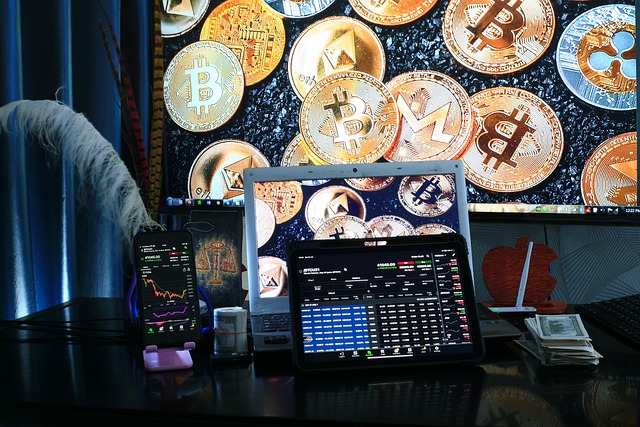XRP’s Legal Battles and Market Implications
XRP (Ripple) is a popular digital currency that has been at the center of several legal battles in recent years. These battles have significant market implications, and understanding them is crucial for anyone invested in XRP or interested in the world of cryptocurrencies.
In this article, we will delve into the key points related to XRP’s legal battles and their market implications. We will discuss the court cases, regulatory challenges, and how they affect the price of XRP.
XRP’s story began in 2012 when Chris Larsen, the co-founder of Ripple, raised $1 million on Kickstarter to develop a digital currency that could facilitate fast and secure transactions between banks. The project gained significant traction, and by 2017, XRP had become one of the largest cryptocurrencies in the world.
However, not everyone was happy with XRP’s success. In 2018, the U.S. Securities and Exchange Commission (SEC) sued Ripple, alleging that it had sold unregistered securities, namely XRP tokens, to investors in the United States. The SEC claimed that XRP was a security, which is subject to federal regulation.
The court case between Ripple and the SEC has been ongoing for several years. In 2020, the U.S. District Court for the Northern District of California dismissed the SEC’s lawsuit, ruling that XRP was not a security. However, the SEC appealed the decision, and in 2022, the Ninth Circuit Court of Appeals reversed the lower court’s ruling, reinstating the SEC’s lawsuit.
Another significant legal challenge faced by Ripple is from the Commodity Futures Trading Commission (CFTC). In 2019, the CFTC filed a complaint against Ripple, alleging that it had sold unregistered futures contracts for XRP. The CFTC claimed that these contracts were subject to federal regulation and required registration with the agency.
The court case between Ripple and the CFTC has been ongoing since 2020. In 2022, the U.S. District Court for the Southern District of New York approved a settlement agreement between Ripple and the CFTC. Under the terms of the agreement, Ripple agreed to pay $20 million to settle the lawsuit.
So, what are the market implications of these legal battles? The ongoing court cases have significant impact on the price of XRP. When news of the SEC’s lawsuit broke in 2018, the price of XRP dropped by over 50% within a matter of days. Similarly, when the CFTC filed its complaint against Ripple in 2020, the price of XRP declined by over 20%.
The market reaction to these legal battles is largely driven by speculation and fear of regulatory actions. Investors become concerned that if XRP is deemed a security, it could be subject to stricter regulations, such as registration with the SEC or CFTC, which could limit its use cases and reduce its price.
However, some analysts argue that the legal battles have had a net positive effect on XRP’s market capitalization. The ongoing court cases have increased investor awareness of XRP, and the project has gained significant traction from institutional investors who are attracted to its use cases in cross-border payments, remittances, and other areas.
In conclusion, XRP’s legal battles have significant market implications that cannot be ignored. Investors must stay informed about these developments and adjust their investment strategies accordingly. While speculation and fear of regulatory actions can drive the price of XRP down, institutional investors continue to attract to its use cases, driving up the price.



